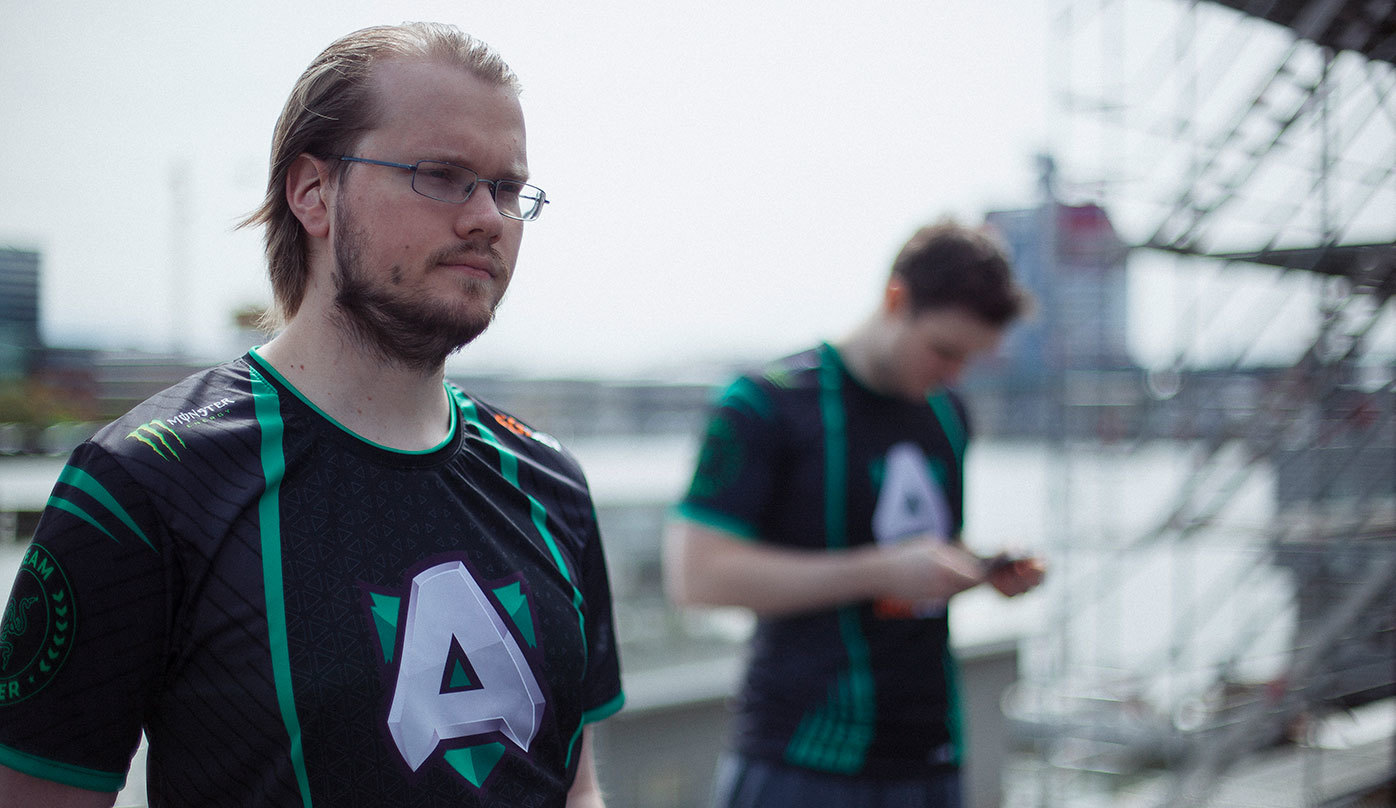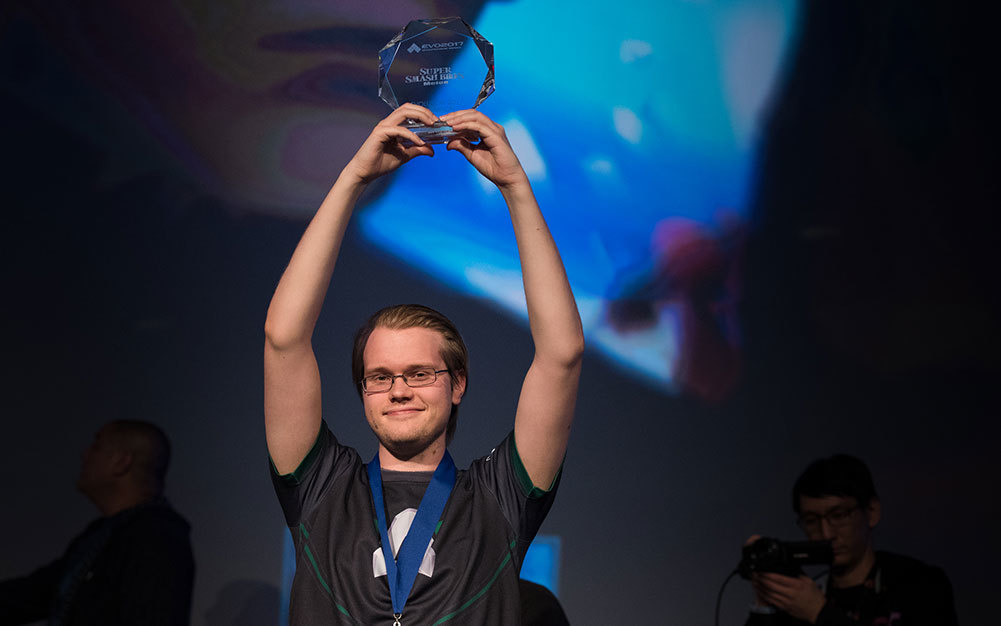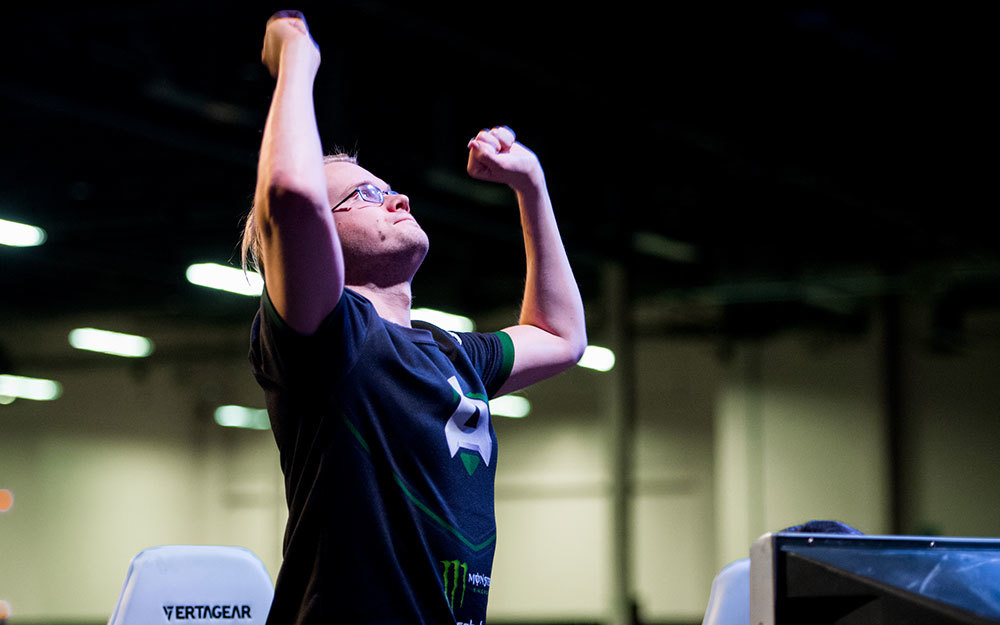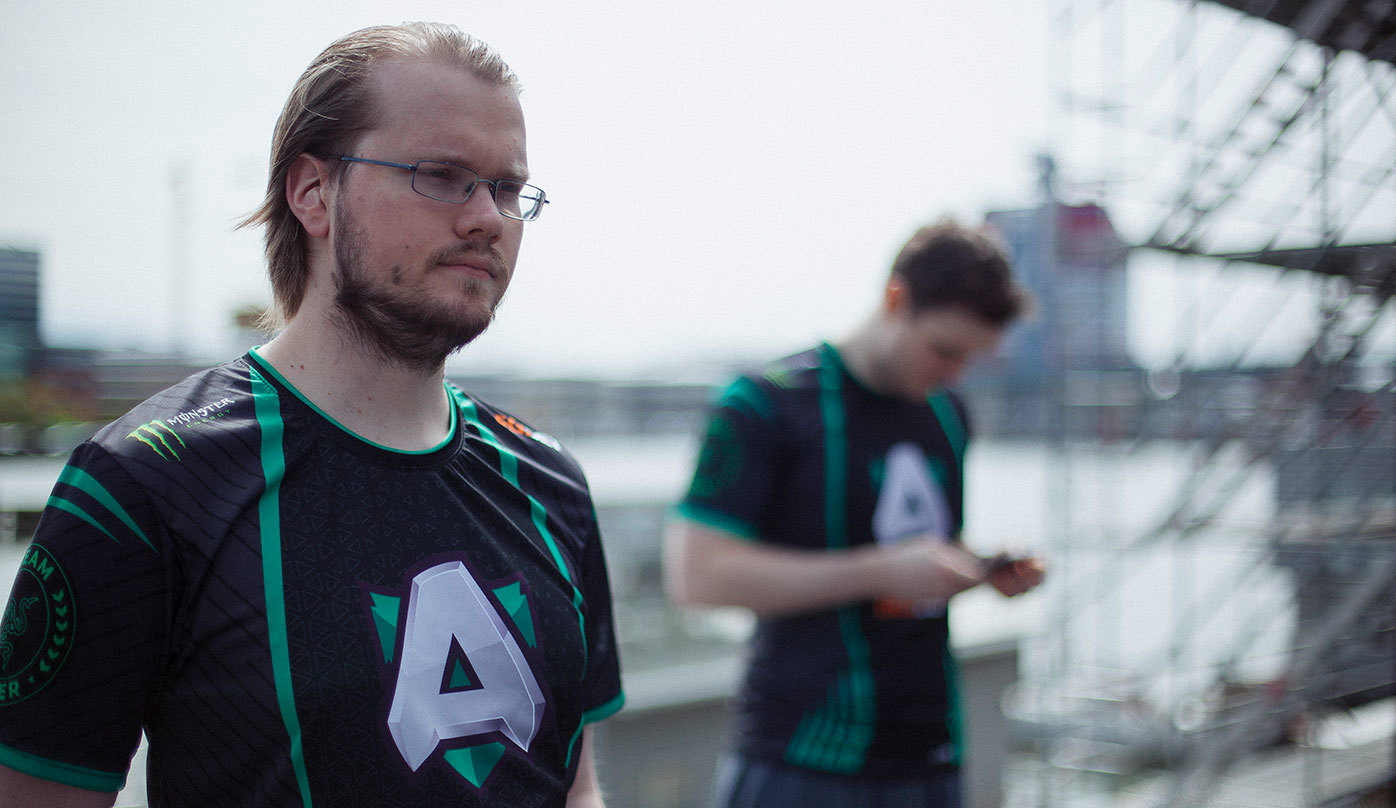
Adam Lindgren, who operates under the gamertag Armada, is a former pro melee player who turned his sights away from the competitive spotlight and took to speedrunning and streaming while helping others reach their potential on the sidelines.
Armada has been active in the Smash scene for a long time and has seen the world as part of his journey.
“I got started in 2005 as a little kid. I went to various events, competed, often accompanied by my two brothers – one older, one younger – and we’d travel around to events close to where we lived. That then expanded to national trips and then international trips to Europe and, eventually even the US.
On my journey I’ve been dedicated to the Smash scene both as a competitor and an organizer. The tournaments I’ve set up have been all from Swedish tournaments to tournaments for the entirety of Europe in which even US players made appearances.
Now, since I don’t really compete anymore, I guess I’m an ambassador for the Smash scene.”
Professionally, Smash is taking the backseat in Armada’s career, but he still has immense love for the scene and his step away from the professional scene as a player hasn’t made him shy away from organizing events for others.
“In regards to Smash, it’s really not much. My focus lies on the stream and YouTube to a certain degree, but mostly the stream and the speedrunning but I still love Smash so occasionally I’ll create content focused on it. Some commentary every now and then. Now, during these times, there aren’t really many events, but before everything closed down, which I’m excited to explore in the future as well, I’d organize those.“
Being an active force on two sides of the scene has come with its fair amount of hardships, however, with a split focus being the main difficulty.
“It was always a fun time. I started going to events when I was almost 12 years old so I was a kid and events popped up all over. As the years passed by and I got older, I kept my eye on Helios who held a lot of events back then. Helios became less and less active in the Smash scene, so it just so happened others started becoming bigger profiles in organizing – someone had to. We were a group of players who essentially took over, mostly in the Gothenburg area and it was great to be able to give back to the community. The more the scene grew, and players got better, it became harder to work on both sides so I stopped organizing.
The more time I put on trying to make events great, the more hits I took as a player and vice versa. It basically took too much of my time, but thankfully, others had taken my place in that regard, so it worked out for me.”

As he moved towards a role as an organizer and commentator, Armada found that he’d rather focus on helping others finding their own way within the scene.
“Right now, my passion lies with watching others enjoy the game and watching the scene continuing to grow, and seeing friends compete and do well. I help some of them out with tips and coaching, so of course, I still want the game to grow and become a prolific esport. I wouldn’t say I have a yearning for starting my professional Smash career up again, but it’s like a family and you just want it to do well even though you may not be present as much.”
The European esports scene has changed significantly over the years and Armada has been there along the way to follow it closely.
“The European competitive scene has seen quite a lot of setbacks over the years, I’d say, when compared to the US scene and I think there are plenty of reasons for this. Of course, we’re more divided, considering the fact that there are a lot of countries and people speak different languages, and sure, a lot of them speak English nowadays, but the exotic nature of leaving one’s country as opposed to leaving a state for another in the States, it’s different. We also have less players.
The US has a bigger console crowd in general, even though PC is taking over lots of markets, but the gap is still significant. The US scene also has, I would say, more players who take Smash seriously which, in turn, has brought less European professionals. One thing, however, that could help Europe specifically, in the long run, is the roll-back, which essentially means players can play online. Considering the fact that many players in Europe have great connections and are used to living separate from one another, there are bigger possibilities when it comes to playing and training online.”
As for current plans for the Smash scene, COVID-19 is changing the game.
“I’ve held a couple of events during COVID-19 so Melee and Ultimate players can have events to participate in. Offline events however, I checked it out, but I have yet to set plans regarding any. That said, it’s not something I exclude. We lost the two biggest events with a relatively short notice, so of course the idea is not excluded.“

With the Smash community being such a dedicated and passionate one, Armada explains how he’s been viewed by those around him after moving towards the organizing path he’s now on.
“When I switched my seat as a competitor to an organizer, I think people were excited. I think many people want to help out behind the scenes but don’t know how. Most understand that there’s a lot of work put in. I don’t think it was confined to me, it could have been someone else, the community’s just happy to see someone putting in the hours to help the scene out. I also think some saw it as me setting a good example. Even if one’s a top-tier player, one tries to make sure the whole community becomes better and the scene more enjoyable for everyone.”
As one of the Smash scenes’ brightest stars, Hall of Famer and certified Smash God, Armada has plenty of people looking up to him to this day and it’s something he doesn’t take for granted.
“It’s always been a lot of fun. It’s been such a huge part of my life for such a long time. I’ve been dedicated to the Smash scene for over half of my life in one way or the other and knowing the amount of time and work it has taken for me, it’s always so much fun to have the chance to help others reach the next level. It feels really rewarding for me and for those I help. It’s essentially teamwork.”
How has Alliance paved the way for Armada in his professional career and how has his view of the organization changed since becoming player-owned?
“Alliance has been there for me for many years at this point. Before Alliance picked me up, the scene was very ‘grassroots’ and it was hard to do one’s job. For me living in Sweden, it was difficult just to get to events. Taking a flight to the US felt like a gamble. It felt like one needed to reach the top 2 to make up for the cost of the ticket, and then you had to plan for yet another tournament after that.
When Alliance picked me up, so much of the stress I had felt was lifted off my shoulders. I always tried to bring my A-game, but the constant help and support – them having my back and having me live off of my passion, without having to worry, was great. Alliance, throughout all these years, my pillars, and I’m so thankful to still be part of the organization long after I stopped competing. Alliance is my family.”
What does the future hold for Smash?
“I think the future of Smash is bright. The online potential has already caught some old players in its net and melee still has great potential to pull more people in. Apart from that, a new Smash documentary is being worked on and whether or not it’s as good as the previous one, it could bring even more eyes onto the scene. I think melee has many years ahead.”
Be sure to follow Alliance on Twitch, Twitter, Facebook, and Instagram, as well as joining their official Discord channel.
Stay tuned to EarlyGame for more gaming news, guides, interviews, and exclusive content. Check out our YouTube channel for exciting videos, and don't forget the hit the subscribe button and ring that bell, so you never miss a thing.






























